Meta AI vs. ChatGPT: Which is Better?
Artificial intelligence is rapidly evolving, and two major players have emerged: Meta AI and ChatGPT. Both offer robust AI technologies, but how do they differ? Developed by Meta (formerly Facebook), Meta AI focuses on delivering advanced solutions for businesses, social media, and media. In contrast, ChatGPT, created by OpenAI, excels in content creation and customer support due to its conversational abilities.
Though both AI systems are impressive, their primary differences lie in applications, objectives, and capabilities. This article explores the main characteristics of Meta AI and ChatGPT, highlighting their strengths and weaknesses. By the end, you will know which AI platform best fits your needs.
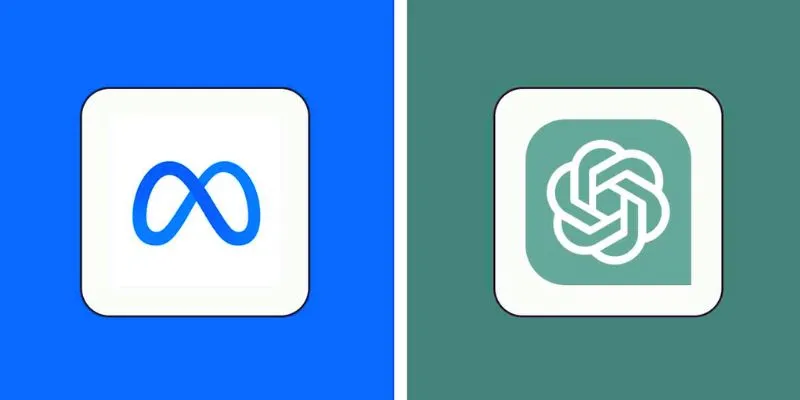
What is Meta AI?
Meta AI, developed by Meta, is a suite of AI tools designed to enhance various aspects of online engagement, from improving social media experiences to providing businesses with smarter automated solutions. Meta AI powers features like Instagram’s recommendation algorithm and Facebook’s news feed. Its ability to personalize consumer content is a significant strength, offering targeted advertising and content curation by analyzing vast amounts of data.
Meta AI aids businesses in crafting tailored marketing strategies. Additionally, its advancements in augmented reality (AR) and virtual reality (VR) add a new dimension to user experiences. However, Meta AI’s focus on social media and digital marketing makes it less versatile in other areas, and its reliance on user data raises privacy and data security concerns.
What is ChatGPT?
ChatGPT is a language model from OpenAI designed to generate human-like text based on input. It excels in crafting coherent and contextually relevant prose, whether answering questions, writing emails, or creating stories. Built on the GPT (Generative Pre-trained Transformer) architecture, ChatGPT understands and responds to a wide range of topics. Its conversational skills make it ideal for content creation, customer service, and tutoring.
ChatGPT is versatile for various scenarios, adaptable to multiple tones and styles. However, its reliance on training data limits its knowledge to information available until its last update, making it challenging to handle niche topics or real-time data. Despite improvements, it occasionally generates responses that may sound overly robotic.
Key Differences Between Meta AI and ChatGPT
Consider the following key differences between Meta AI and ChatGPT to decide which best suits your needs:
Purpose and Focus
Meta AI is primarily developed for social networking and corporate applications. It helps businesses target the right audience, enhance engagement, and optimize marketing strategies, focusing on integrating virtual and augmented reality into digital interactions. Conversely, ChatGPT is a conversational AI tool used for content creation, customer support, and personal assistance in text-based applications.
Capabilities
Meta AI is renowned for its vast data processing capabilities, excelling in analyzing user behavior and customizing experiences based on that data. It’s ideal for businesses aiming to boost client engagement and social media platforms. However, its focus is more on data-driven interactions than genuine conversations. In contrast, ChatGPT excels in language generation, creating human-like text with a strong understanding of natural language. It’s flexible and suitable for tasks beyond answering questions, writing articles, and idea generation.
Applications
Meta AI is crucial in the social media ecosystem, enhancing user interaction on platforms like Facebook and Instagram. It’s perfect for businesses targeting the right audience and useful in advertising and content recommendations. Its growing use of AR and VR technology enables new, immersive experiences in social media and gaming. ChatGPT, however, is more adaptable, handling tasks such as writing books, creating blog posts, and responding to customer inquiries. Industries requiring customer service, content production, and communication will find it ideal.
Strengths and Weaknesses
Meta AI’s strength lies in its ability to personalize user experiences based on vast data, making it perfect for businesses focusing on social media platforms and digital marketing. However, its dependence on user data poses privacy concerns, and its focus on specific sectors limits its broader application. ChatGPT’s strength is its ability to produce excellent content and adapt to various conversational styles, making it ideal for numerous text- based applications. Its weaknesses include difficulty handling highly specialized topics and real-time data.
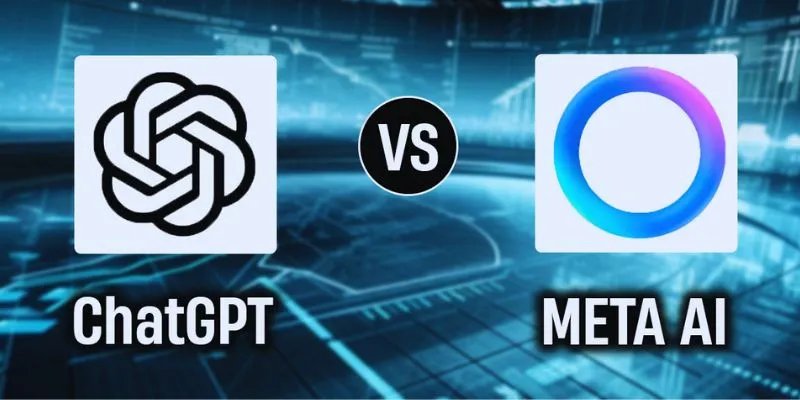
Which is Better for You?
Determining whether Meta AI or ChatGPT suits you best depends on your needs:
- For Businesses Focused on Social Media: Meta AI is the clear choice if digital marketing and social media engagement are crucial to your success. Its ability to run tailored ads and customize content makes it a powerful tool for businesses aiming to enhance their online presence.
- For Content Creators and Communicators: Choose ChatGPT if you need an AI excelling in content creation, customer support, or conversational writing. Its ability to generate high-quality text and adapt to various situations makes it ideal for content-heavy industries.
- For Augmented and Virtual Reality Integration: Companies looking to incorporate AR or VR into their products or services would benefit more from Meta AI. It offers immersive experiences that ChatGPT does not.
- For General Purpose AI: ChatGPT is the superior choice for general-purpose conversational AI. It can handle a wider range of tasks beyond digital marketing and social media.
Conclusion:
Your objectives will determine whether Meta AI or ChatGPT is better suited for you. Meta AI is ideal for companies focused on social networking, marketing, and immersive experiences, aiding user engagement and targeted advertising. ChatGPT excels for those needing human-like conversations, content creation, or customer support, being adaptable across multiple sectors. Each tool has specific strengths and weaknesses. Consider what is more important—natural conversation or data-driven interaction—to guide your decision-making. Whether conducting campaigns or creating material, both tools provide excellent options tailored to distinct needs.
Related Articles
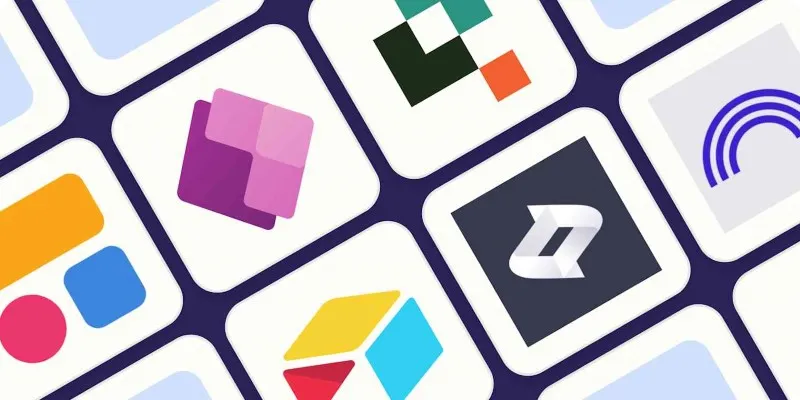
The 6 Best AI App Builders in 2025 for Fast, No-Code Development
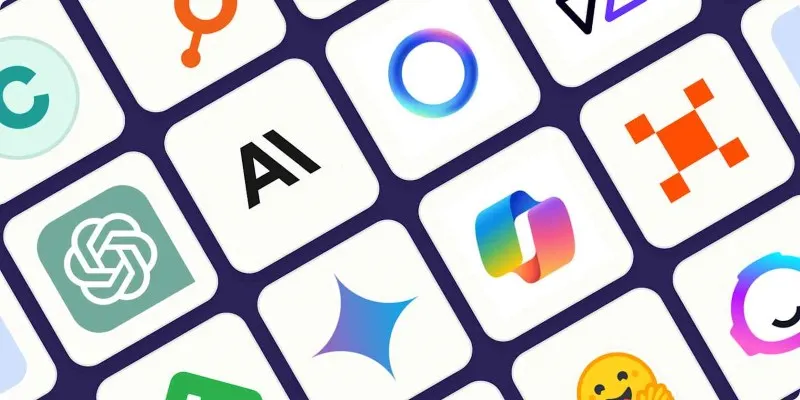
The Best AI Chatbots in 2025 to Power Conversations and Save Time
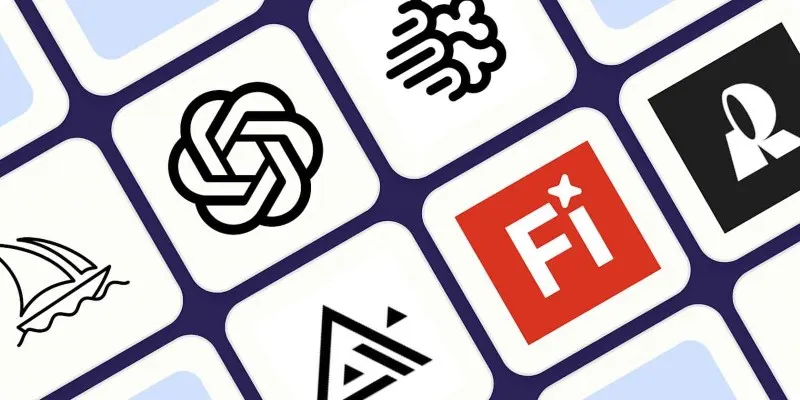
Discover the Best AI Image Generators to Bring Your Ideas to Life in 2025
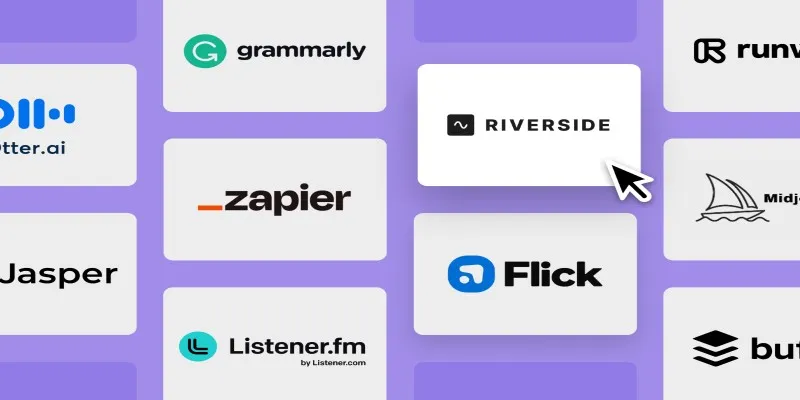
The 12 Best AI Marketing Tools in 2025 to Boost Reach and Cut Workload
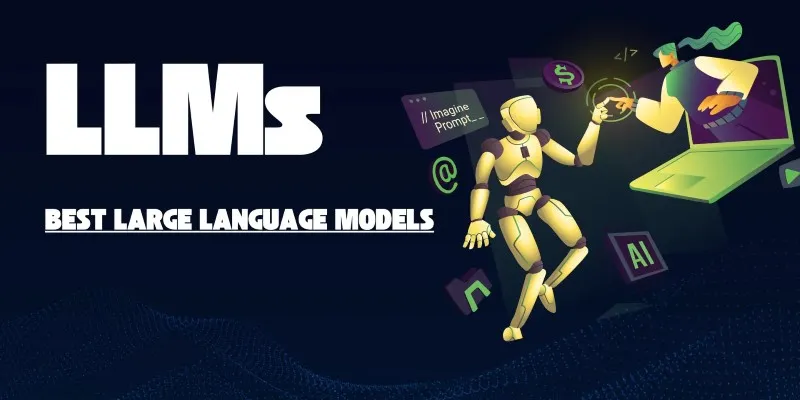
The Best Large Language Models in 2025 That Are Changing How We Work
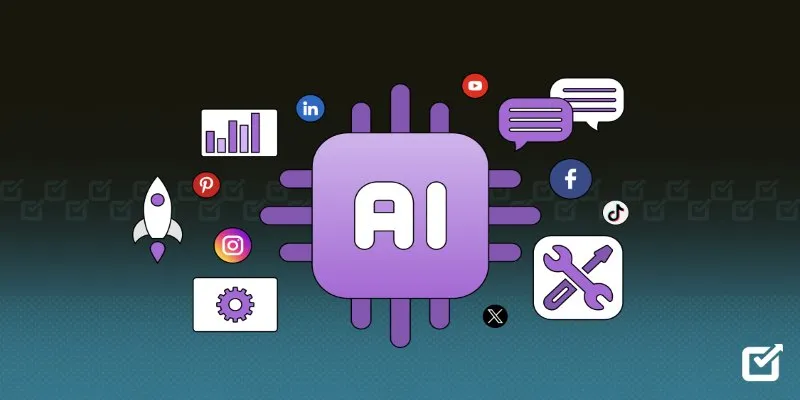
The 8 Best AI Tools for Social Media Management in 2025 to Streamline Your Strategy
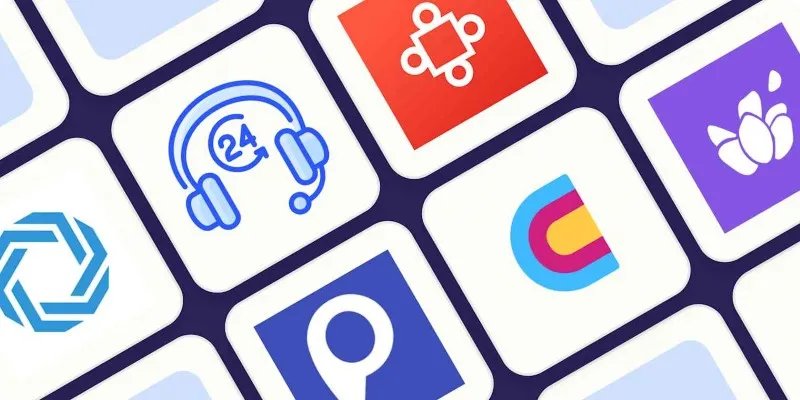
The 8 Best AI Sales Assistant Software in 2025 to Boost Your Pipeline

Discover the Top 8 AI Meeting Assistants in 2025 to Boost Productivity and Stay Organized
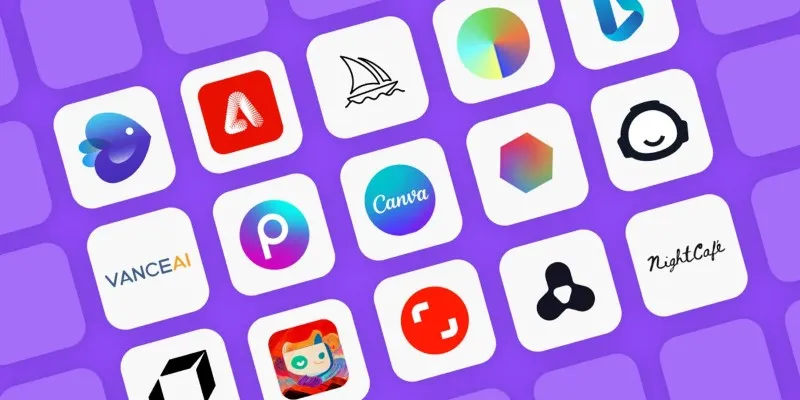
Discover the Best AI Art Generators of 2025

How to Colorize Your Black and White Videos: 5 AI Tools You Should Try
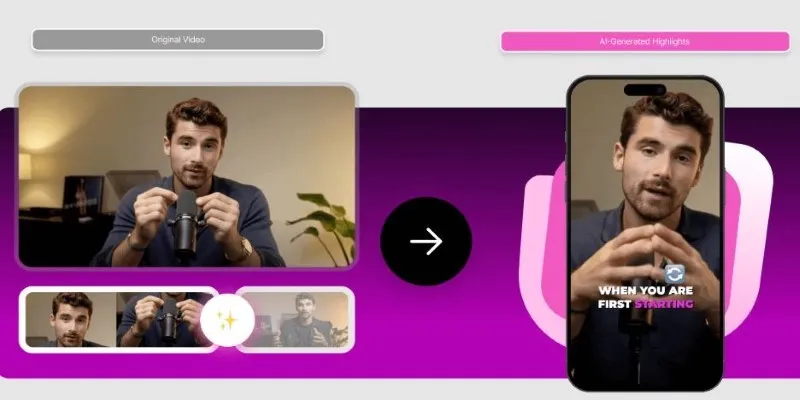
AI Highlight Video Makers: Top 3 Tools to Capture Best Moments
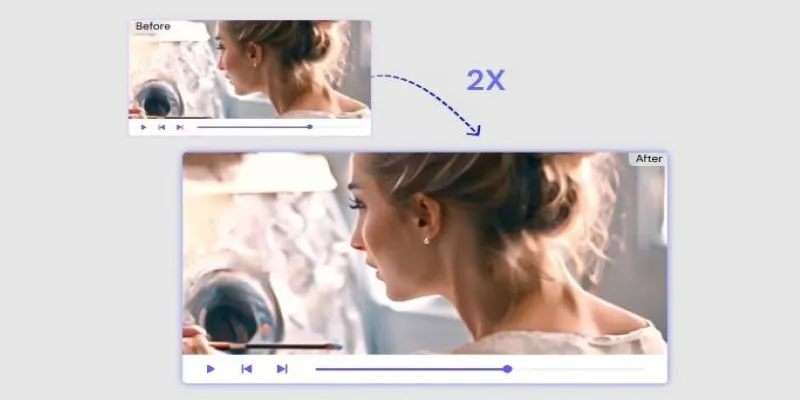
Fix Low-Quality Videos Fast: 3 Best AI Upscalers (2025)
Popular Articles

How to Record Your Gameplay on PC Like a Professional: Essential Tools & Tips for 2025
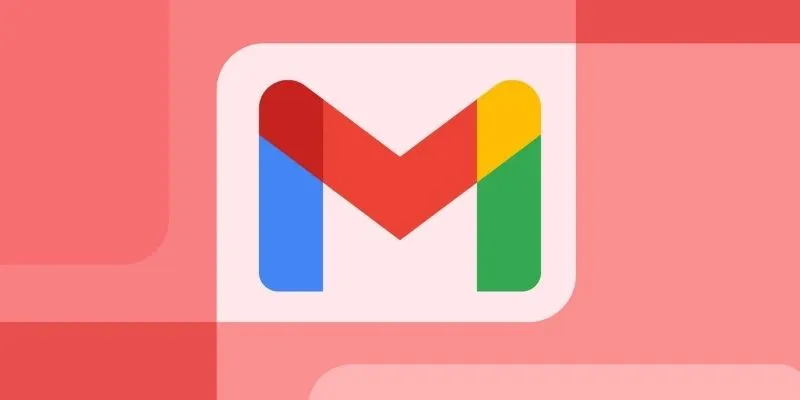
Steps to Add Hyperlinks in Gmail

How to Set Up an Automatic Out-of-Office Notification Bot: A Step-by-Step Guide

How to Ensure Your YouTube Uploads Stay Crisp in 720p, 1080p, and 4K
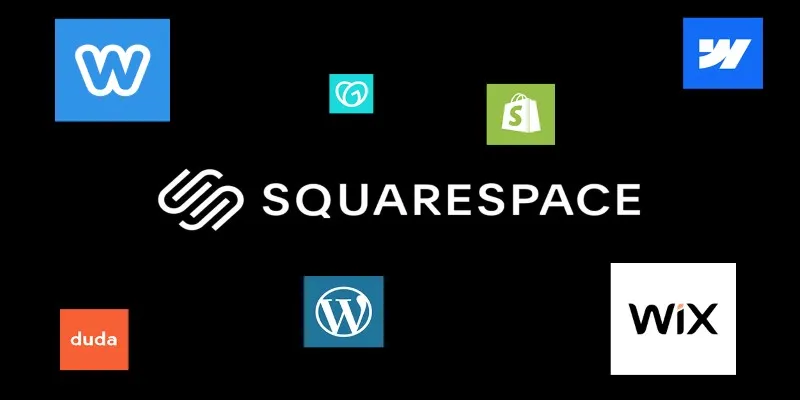
The 6 Best Squarespace Alternatives in 2025 for Custom, Creative Web Design
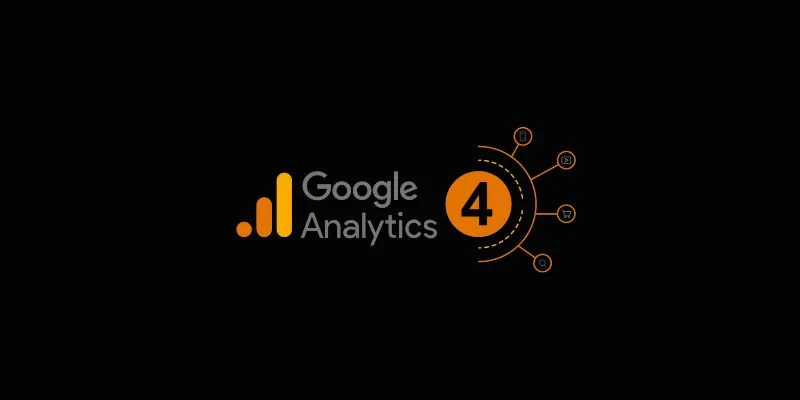
4 Top-Rated Affordable Reporting Software to Simplify Your Data Analysis

Webflow vs. Squarespace: Which Website Builder is Best for Your Business
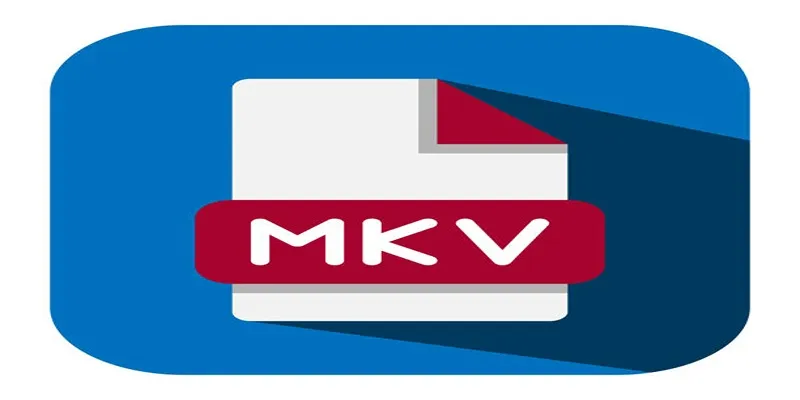
Top Reasons for MKV File Corruption and How to Resolve Them
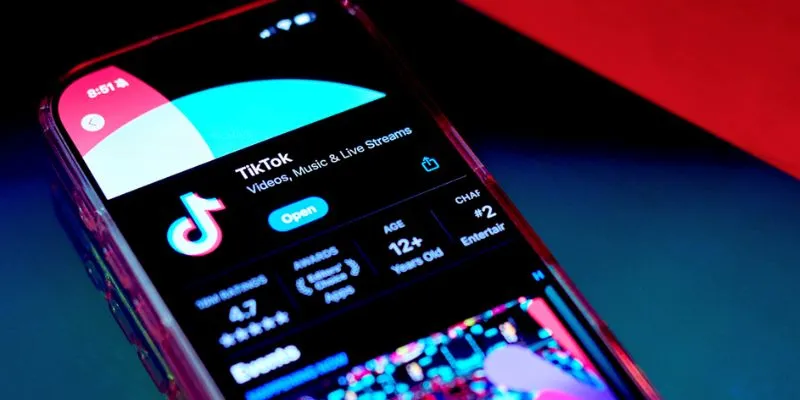
Unlocking the For You Page: A Guide to TikTok's New Manage Topics Feature
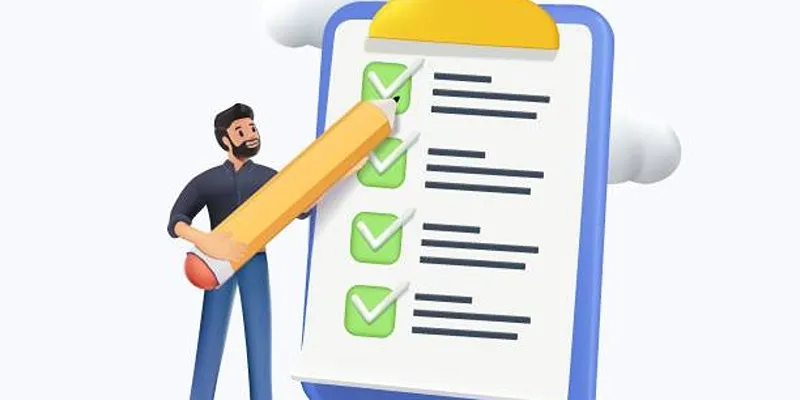
Master Google Tasks: Organize Your Day Step-by-Step
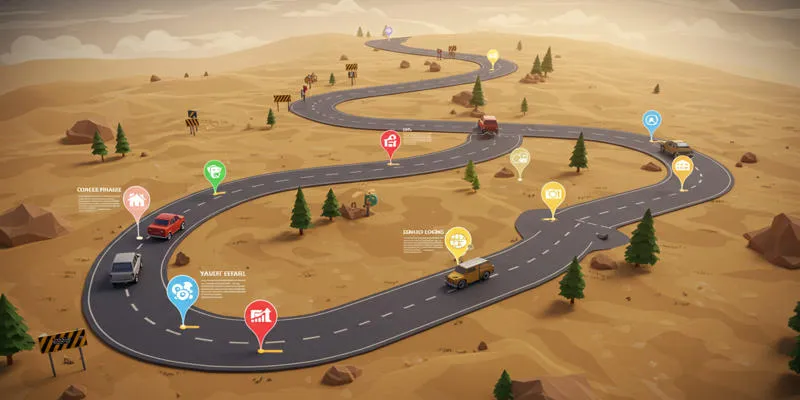
Product Roadmaps

 mww2
mww2